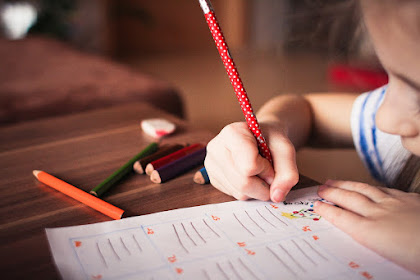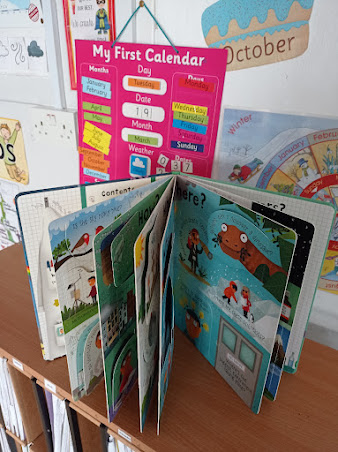Unlocking the Writing Puzzle: Helping Your Child Overcome Challenges

Writing is a crucial skill that empowers children to express themselves, communicate ideas, and engage with the world around them. Yet, for many young learners, the process of writing can feel like navigating a daunting maze filled with obstacles and uncertainties. In this blog post, we'll delve into the challenges children face when learning to write and explore practical strategies to support them on their writing journey. Decoding and Building Words: One of the first hurdles children encounter when writing is decoding and building words. This process involves understanding the relationship between letters and sounds, blending phonemes to form words , and applying spelling rules. For many children, this can be a daunting task, leading to cognitive overload and frustration. To help your child, consider using phonics-based resources such as sound sheets or phonics charts . These tools provide visual and auditory cues to assist children in selecting the correct sounds for each word...


